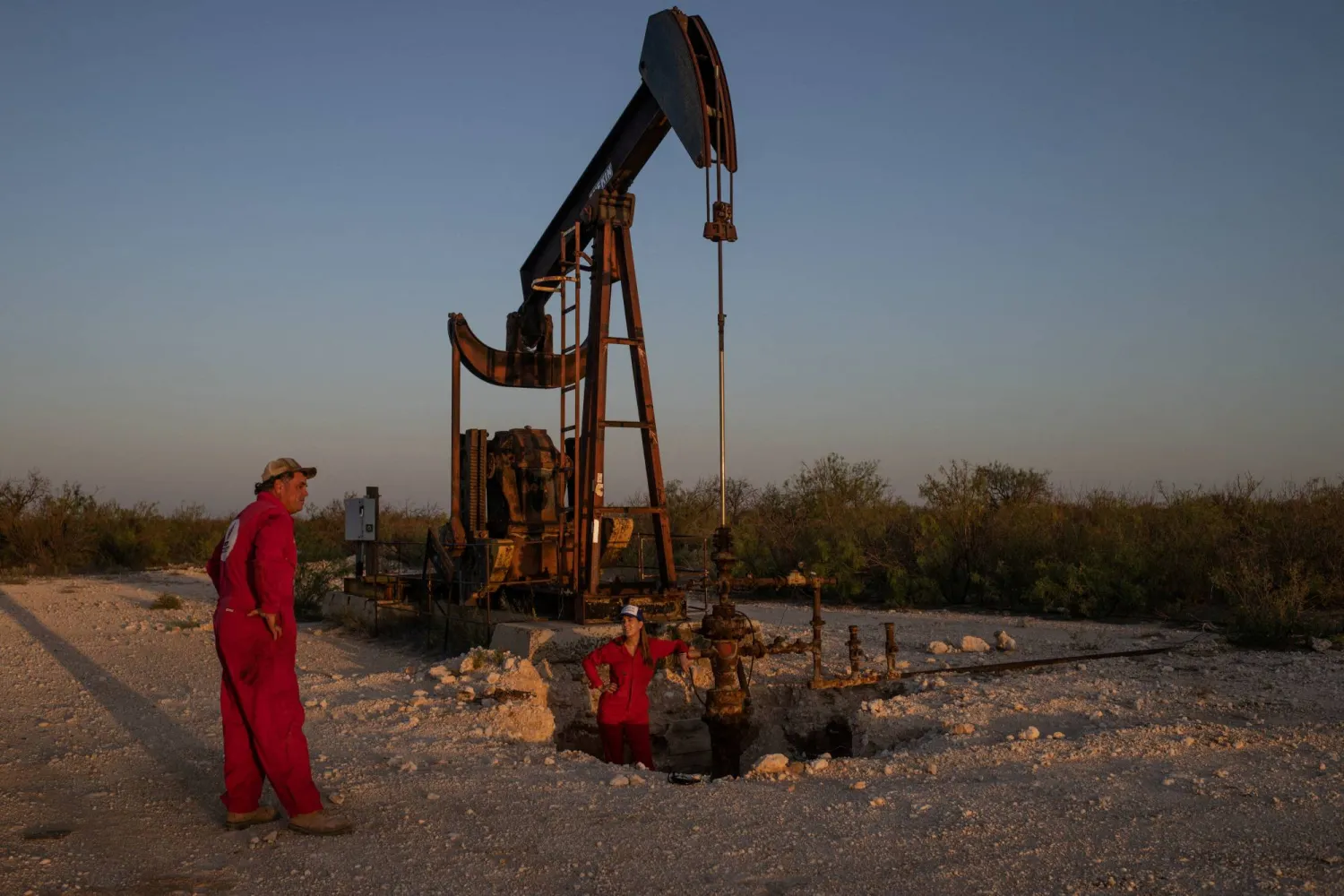Oil prices rose on Thursday, supported by optimism potential US interest rate cuts will boost economic activity and fuel consumption though concerns over slower global demand curbed gains.
Brent crude futures climbed 17 cents, or 0.21%, to $79.93 a barrel by 0348 GMT, recovering some of the previous day's losses. US West Texas Intermediate crude increased by 21 cents, or 0.27%, to $77.19 per barrel.
Both benchmarks fell more than 1% on Wednesday after US crude inventories rose unexpectedly and on easing worries about a wider Middle East conflict.
US consumer prices rose moderately in July and the annual increase in inflation slowed to below 3% for the first time in nearly 3-1/2 years, reinforcing expectations the Federal Reserve will cut interest rates next month, said Reuters.
"We saw a correction in Asia trade as the oil market was oversold on Wednesday," said Yuki Takashima, economist at Nomura Securities, adding that investors are betting the Fed could start cutting rates next month.
"Still, oil prices are expected to stay under pressure going forward as concerns persist that global demand, especially in China, will be sluggish," Takashima said, predicting WTI will head towards the $72 mark in early August.
Supporting prices further were investor worries over Iran's potential response to the killing of the leader of the Palestinian group Hamas last month. Three senior Iranian officials have said that only a ceasefire deal in Gaza would hold Iran back from direct retaliation against Israel for the assassination.
"Geopolitical risk continues to hang over the oil market. It is still unclear how and if Iran will retaliate against Israel following the assassination of the political leader of Hamas on Iranian soil," said ING analysts Warren Patterson and Ewa Manthey in a client note.
"This uncertainty has led to increased options trading activity with market participants wanting to protect themselves from significant upside."
Separately, oil inventory gains raised concerns of weaker demand, analysts at ANZ said in a client note. US crude oil stockpiles rose by 1.4 million barrels in the week ended Aug. 9, compared with estimates for a 2.2 million barrel draw, building for the first time since late June.
Earlier this week, the International Energy Agency trimmed its 2025 estimate for oil demand growth, citing the impact of a weakened Chinese economy on consumption. That came after OPEC cut expected demand for 2024 for similar reasons.
China's factory output growth slowed in July while refinery output fell for a fourth month, underscoring the country's spotty economic recovery.
Oil Prices Up on Hopes of US Rate Cuts Boosting Fuel Demand

Hawk Dunlap, an oil well control specialist, and Sarah Stogner, an oil and gas lawyer, survey an excavated pumpjack with a leaking surface casing in Ward County, Texas, US, August 6, 2024. REUTERS/Adrees Latif

Oil Prices Up on Hopes of US Rate Cuts Boosting Fuel Demand

Hawk Dunlap, an oil well control specialist, and Sarah Stogner, an oil and gas lawyer, survey an excavated pumpjack with a leaking surface casing in Ward County, Texas, US, August 6, 2024. REUTERS/Adrees Latif
لم تشترك بعد
انشئ حساباً خاصاً بك لتحصل على أخبار مخصصة لك ولتتمتع بخاصية حفظ المقالات وتتلقى نشراتنا البريدية المتنوعة







